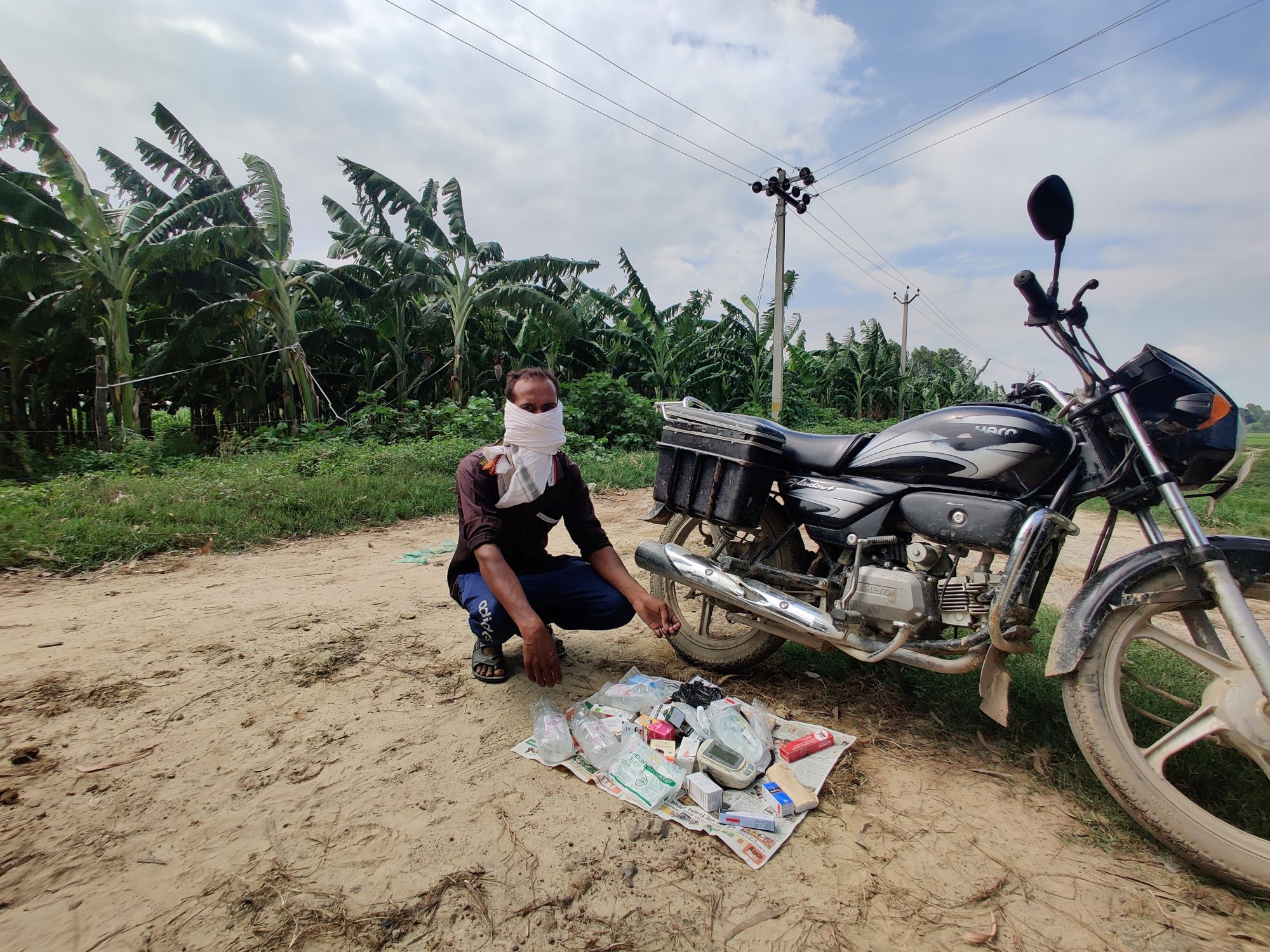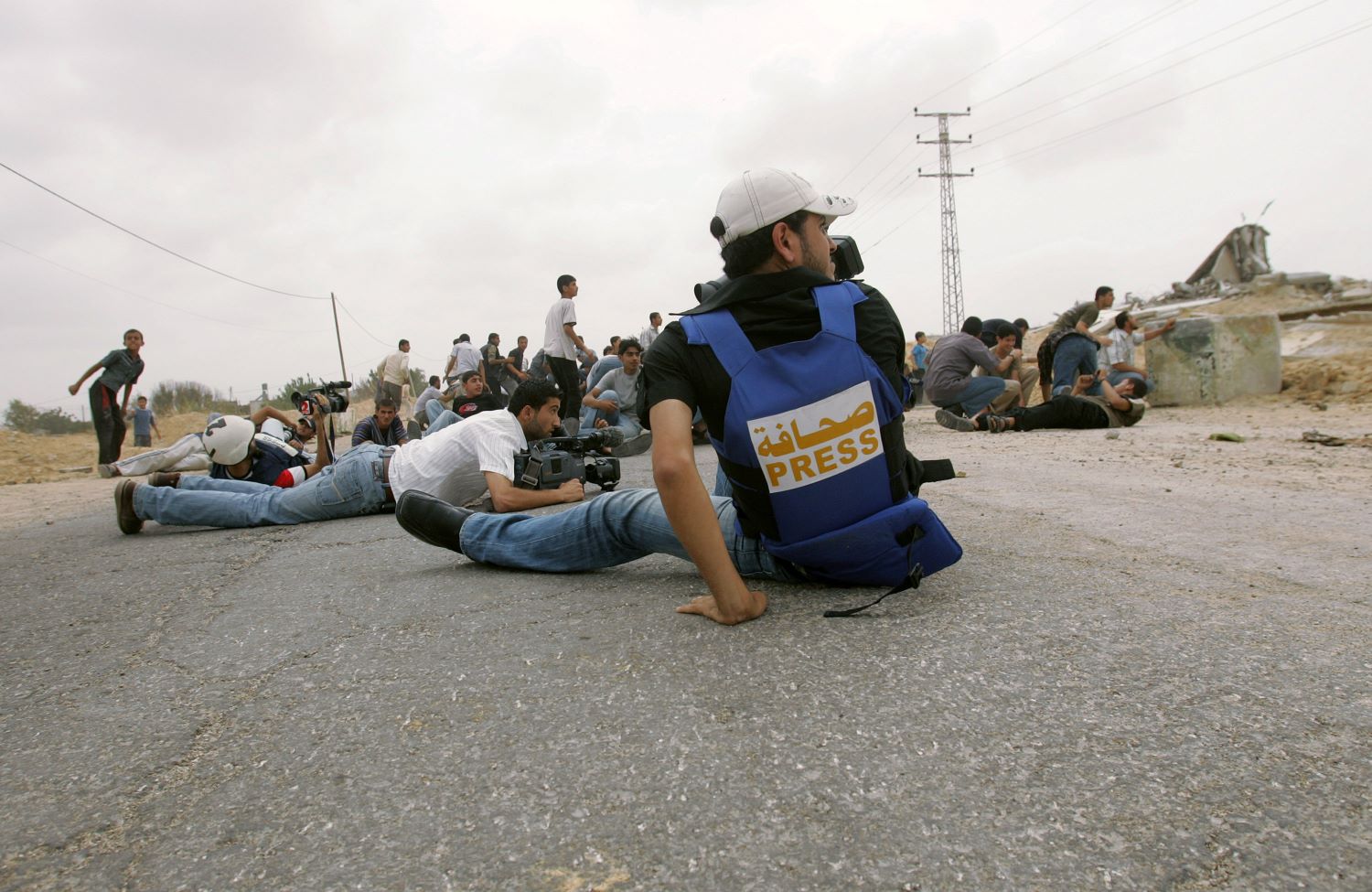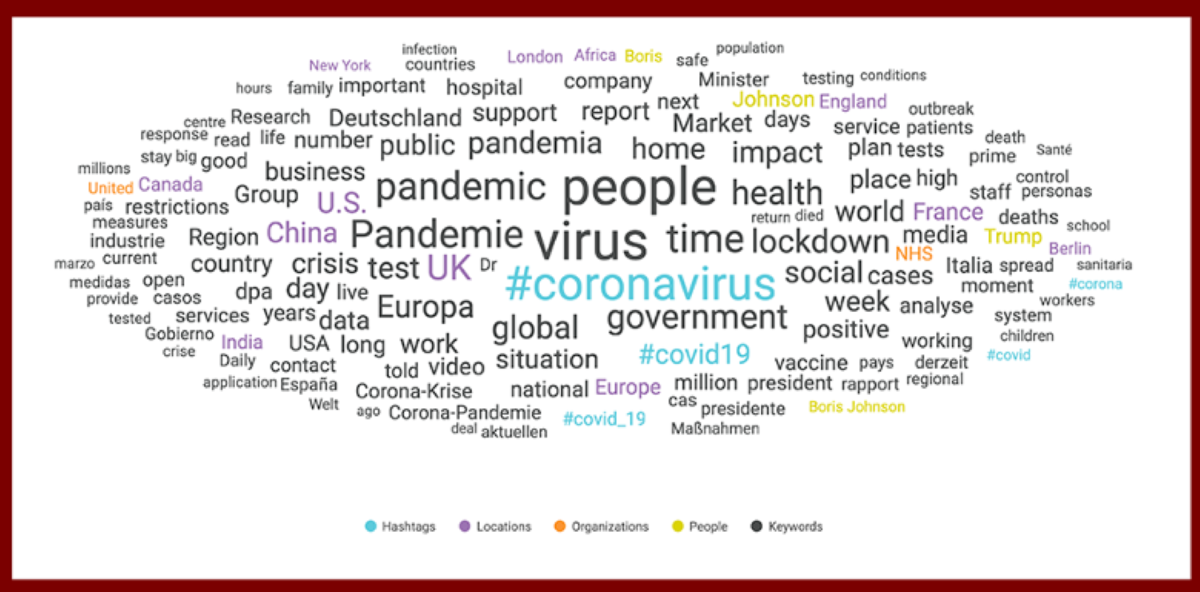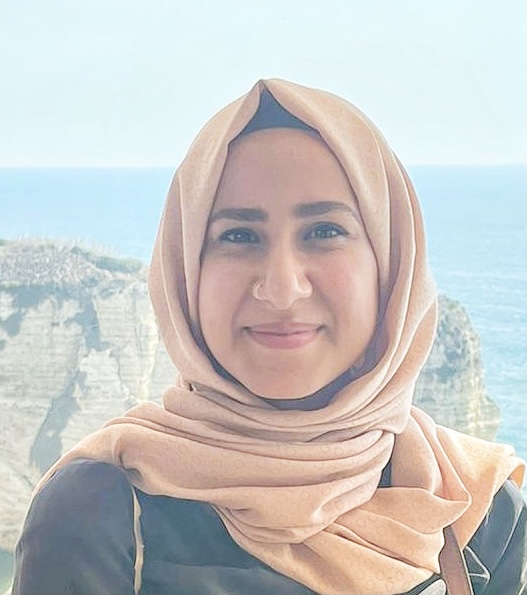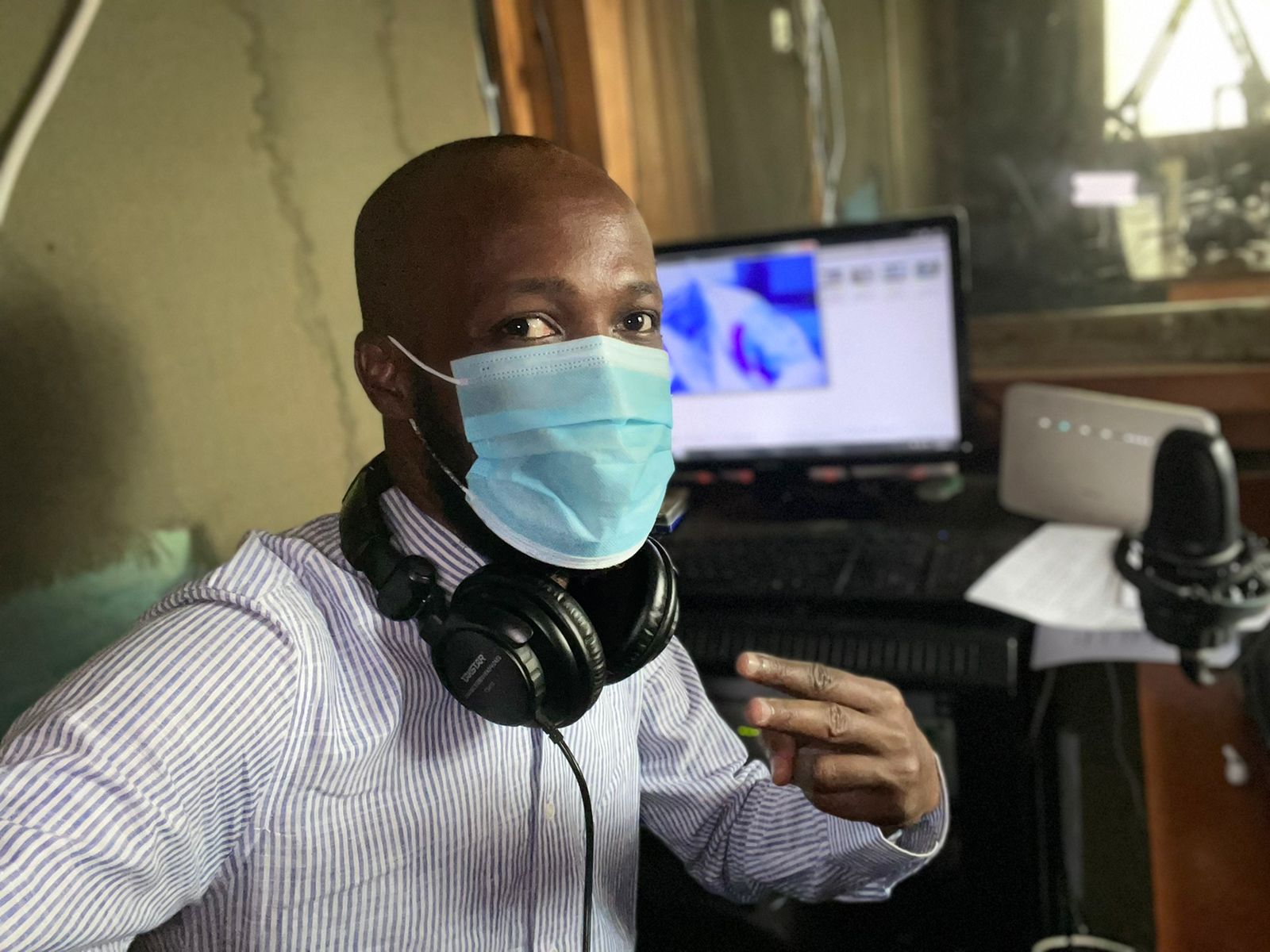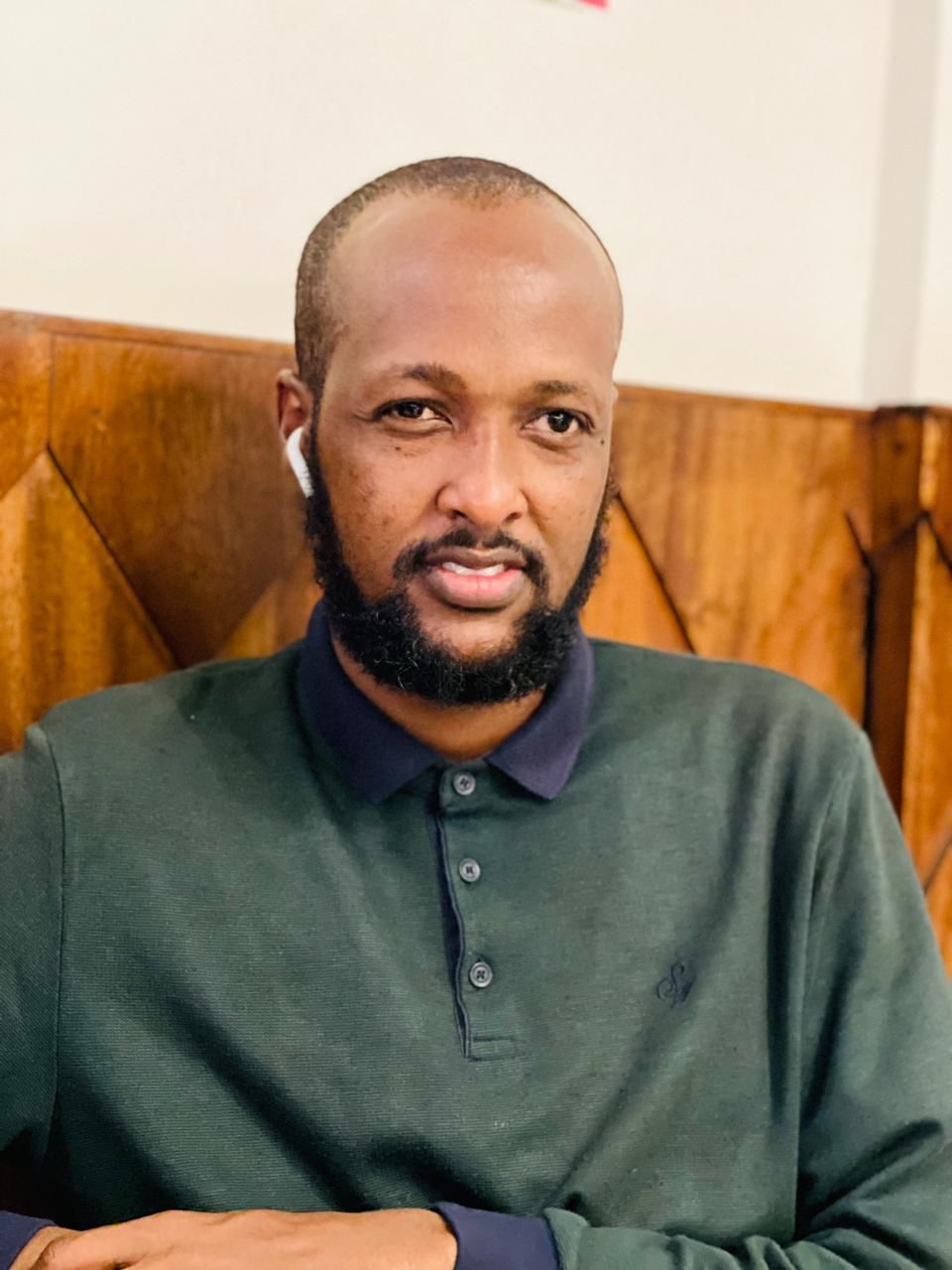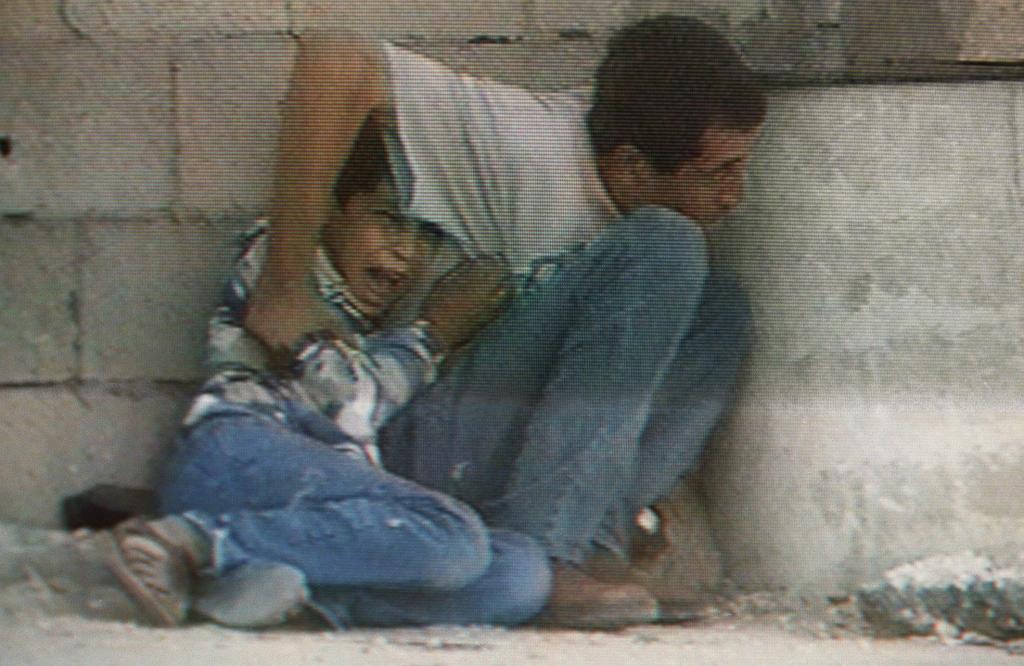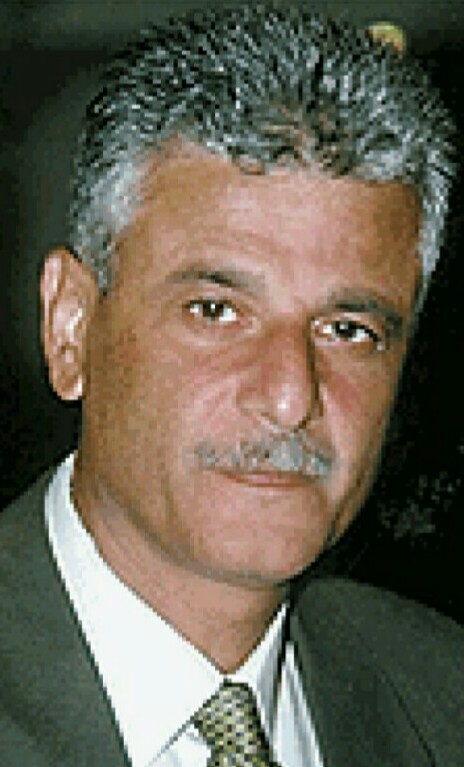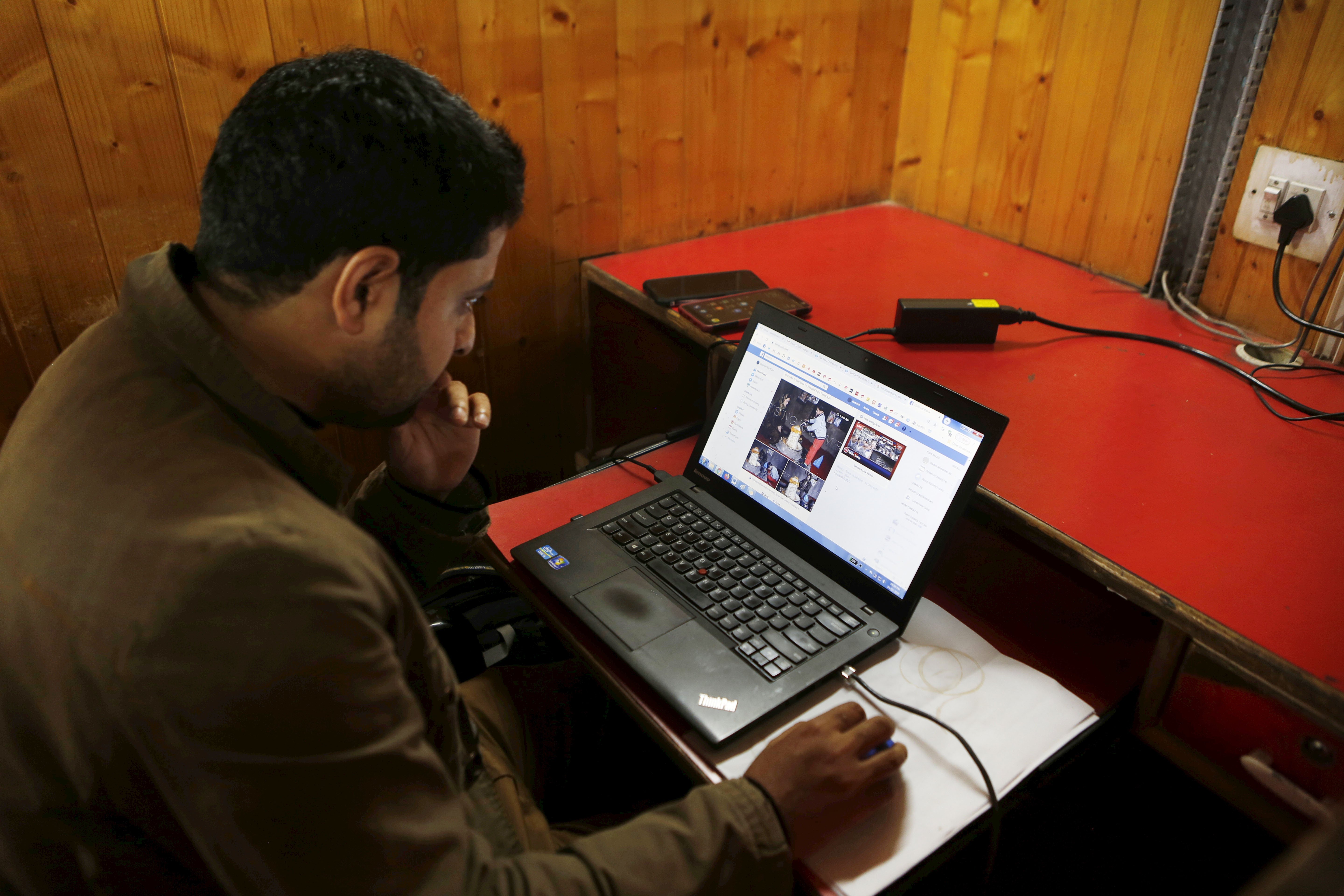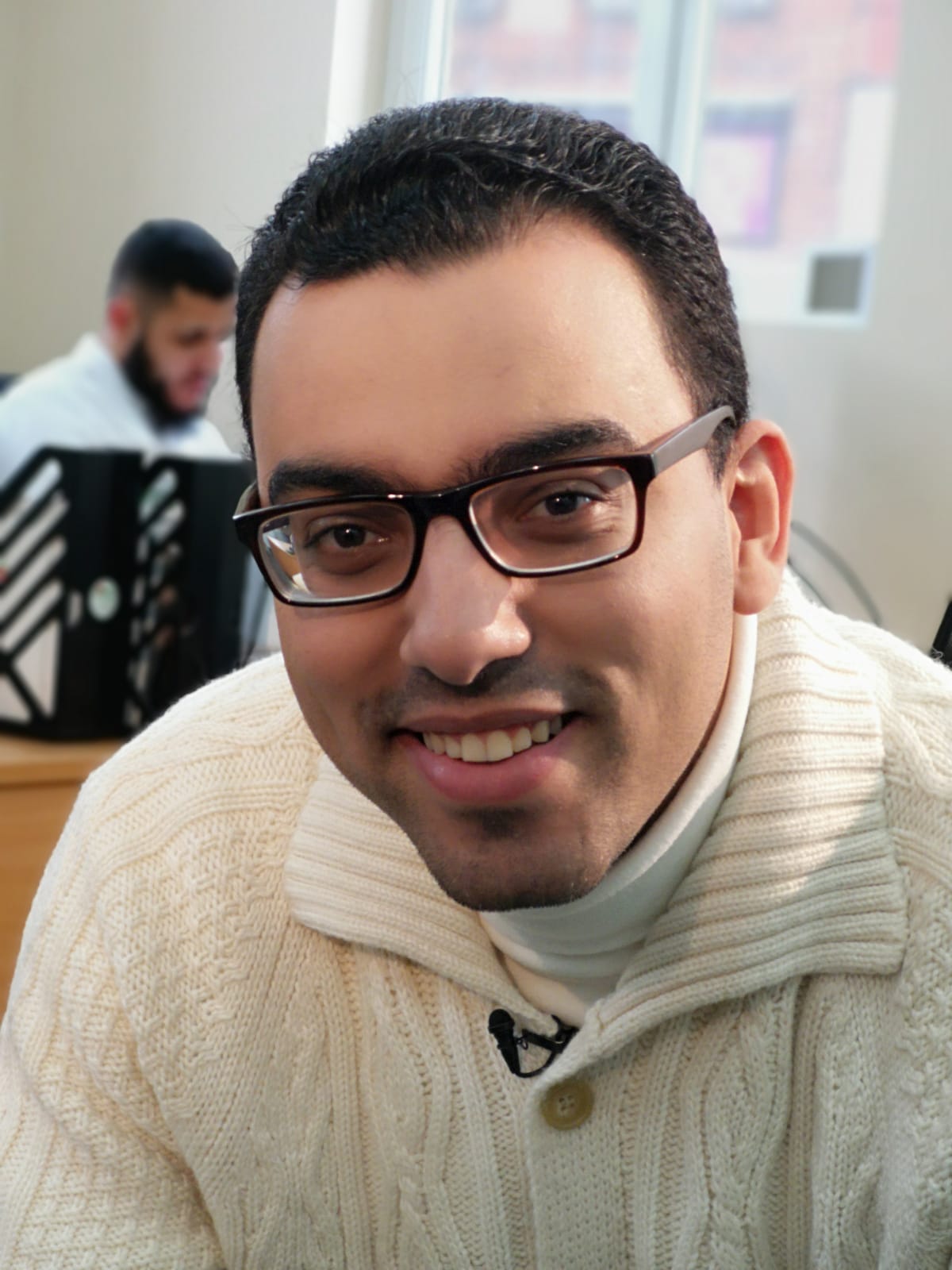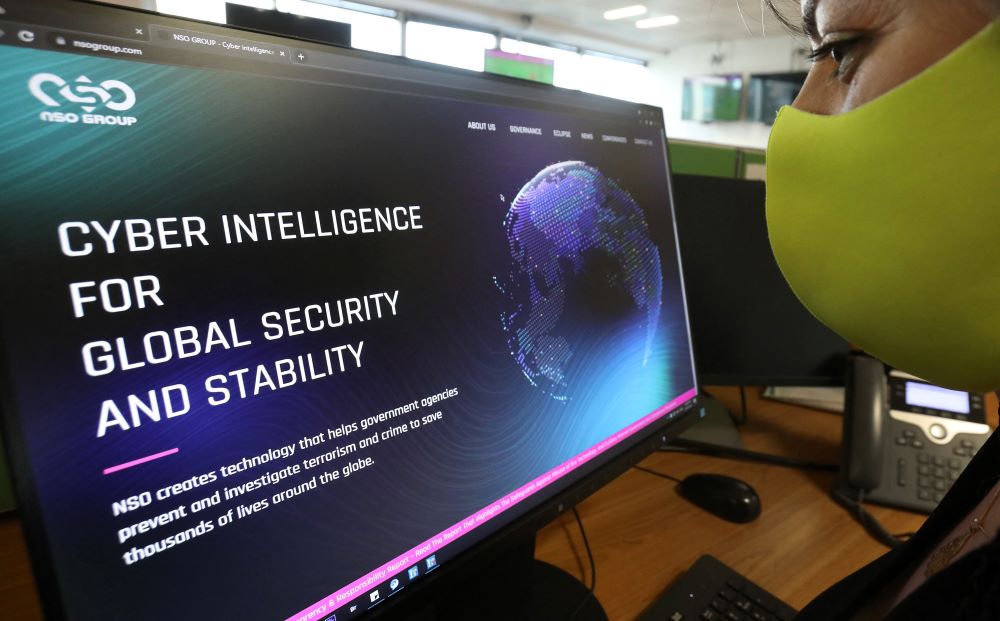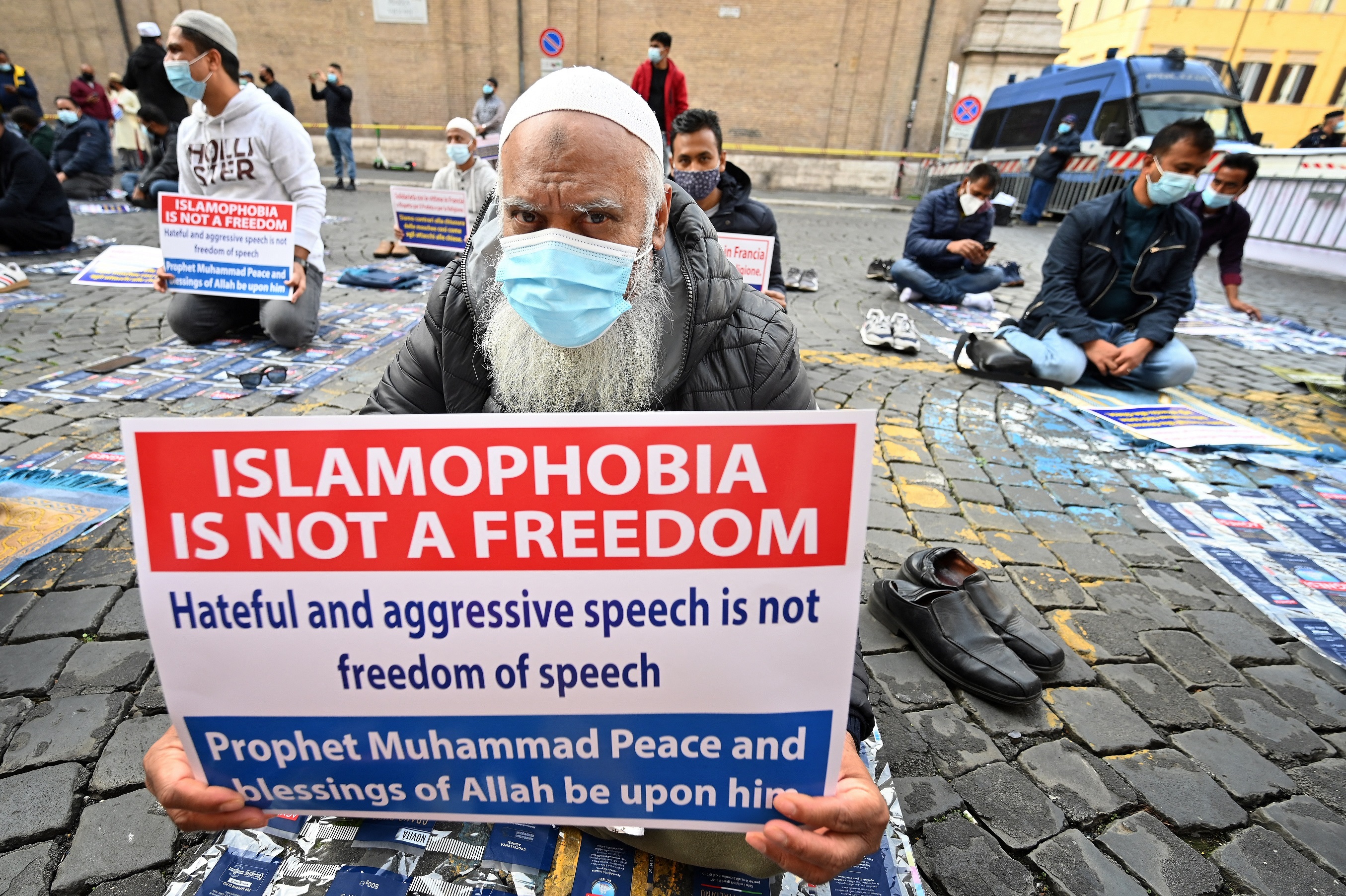Al Jazeera Journalism Review
Is slow journalism the cure for fast-food thinking?
ANALYSIS: Journalists require time and space to provide the depth readers need to make sense of an endless stream of instant news.
Digital Sherlocks: Open-source investigation and news verification during wartime
THE LONG READ: From proving the existence of a seven-year-old girl in Syria to fact-checking locations of aerial bombings, how do you verify ‘open-source’ information in a war zone?
A wall of silence - investigating ‘quacks’ in India
REPORTER'S NOTEBOOK: ‘Quacks’ - illegal, non-registered healers - are a subject worthy of scrutiny by the media in India. But what do you do when the communities they operate in don’t want you to talk about it?
Palestine underground: A new face for local radio
THE LONG READ: How Palestine’s Radio Alhara is taking a grassroots approach to shaping a new landscape for protest, culture and local journalism online.
'They called me a traitor' - tales of a local freelance journalist in Yemen
Very few international journalists are currently based in Yemen because it is simply too dangerous to go there. Local - often freelance - reporters have continued to tell the stories of the human suffering there, however, and are facing greater dangers from militias than ever before. Our writer explains how he had to change the way he did his job, just to survive.
‘I became a journalist because we need to be heard’ - telling the stories of Palestine
THE LONG READ: Many journalists in Palestine only entered the profession through a need to make their suffering known to the world. So what does it take to tell stories of tragedy and personal loss to which you yourself are deeply connected while maintaining objectivity?
Coronavirus conversations - revealing a world of difference
Who or what are driving news and discussions about COVID-19 on social media? It all depends on where you are in the world.
Reporter’s Notebook - covering crisis in Lebanon
Lebanon has undergone a seismic economic collapse triggered by the financial crisis and compounded by last year’s shocking port explosion in Beirut. Al Jazeera.com’s correspondent describes what it has been like to cover the ongoing story.
Radio Gargaar - grassroots broadcasting to refugees in Kenya
REPORTER'S NOTEBOOK: What it’s like to host a radio show in the Dadaab refugee camp, situated in one of the world’s most overlooked regions, during a global pandemic.
Witnessing the killing of Muhammad al-Durrah in Gaza - the cameraman's tale
Twenty-one years ago, a video of a 12-year-old boy being killed in Gaza reverberated around the world. Talal Abu Rahma, the cameraman who shot the video, described that day.
How to Use Social Media for Newsgathering
Social media platforms are too easily dismissed as ‘not serious’ when it comes to newsgathering. But you can use them as you would the news wires - here’s how.
Leaks - a badly behaved guest in the newsroom
The recent 'Facebook Files' - revelations about the inner workings of the tech giant published by the Wall Street Journal - were based on leaked internal information. But while leaks can be a valuable source of information for journalists, they can also be used to manipulate them.
Have you been hacked? - What Pegasus spyware revelations mean for journalists
How to protect yourself following the news that sophisticated spyware has been used to hack the smartphones of journalists, activists and politicians around the world.
‘Journalism is sacred work’ - Afghanistan’s frontline reporters
THE LONG READ: Afghanistan ranks as one of the world’s most dangerous countries for journalists. Yet despite targeted killings and an uncertain future, many Afghan reporters are determined to stay and bear witness.
How can we confront Islamophobia in the media?
The events of September 11, 2001 exacerbated anti-Muslim sentiment in the Western media, but Islamophobia had been around for a long time beforehand.



